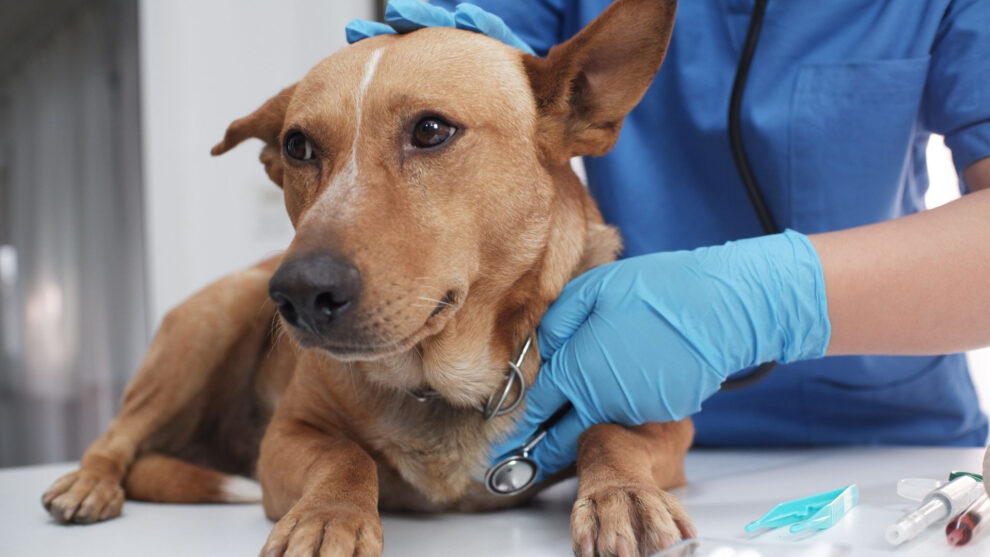A disease that typically only affects dogs has been reported in two humans in the United Kingdom. Brucellosis, which is caused by Brucella canis, was usually only reported in dogs imported to the U.K., but the disease has been spreading among local dogs since 2020, the Human Animal Infections and Risk Surveillance says.
“As of July 2023, 2 laboratory-confirmed cases of B. canis human infection have been identified in the UK,” the report said, according to a Newsweek story. “One case was identified from clinical suspicion after presenting at hospital. A second case had no clinical symptoms, worked at a veterinary practice and was identified through the follow-up of individuals exposed to positive dogs. In both incidents, the implicated dogs were not known to be infected at the time of human exposure but subsequently tested positive.
The disease outbreak is likely from kennel breeding, which involves contact and mating between local and imported dogs, the story says. B. canis is transmitted during social, grooming and sexual activities and is regularly passed between dogs in parts of Eastern Europe – such as Romania – where the U.K. imports a large number of dogs from. When humans contract Brucellosis, symptoms can include fever, headaches and muscle pain, but in very rare cases there can be complications such as endocarditis, arthritis, meningitis and Guillain Barré syndrome.
“There are no reports of human-to-human transmission of B. canis, although this is theoretically possible as blood transfusion, organ transplantation and transmission via contact with reproductive tissues have been reported for other Brucella species, although in very limited numbers,” the report says. The only way to ensure that dogs do not spread B. canis is through euthanasia, the story says.
“Euthanasia of infected dogs is considered the only way to completely remove the risk of future onward transmission,” says the report. “The decision to euthanize is a matter for the owner(s) and their private veterinary surgeon and their willingness to accept the residual risks, which will vary on a case-by-case basis, if this course of action is not taken. If an infected animal is not euthanized, the dog may be neutered and concurrently treated with a course of antimicrobials.” According to the Associated Press, several cases of B. canis were reported at an Iowa breeding facility in 2019.
Source: PENN LIVE











